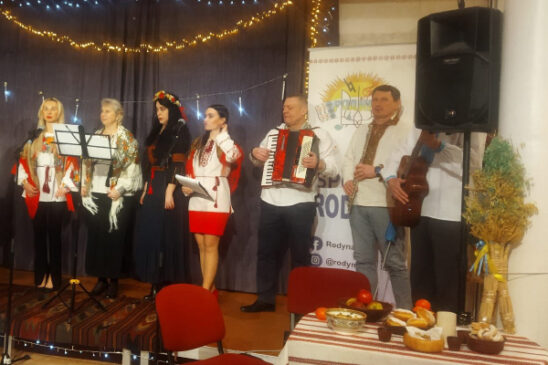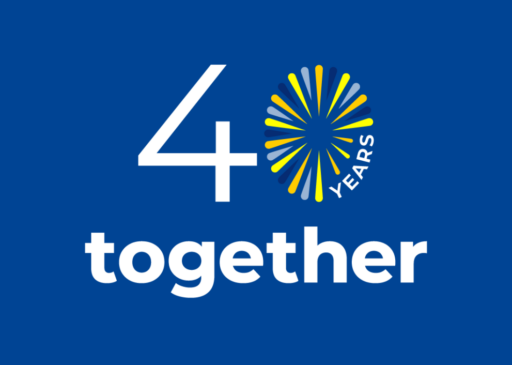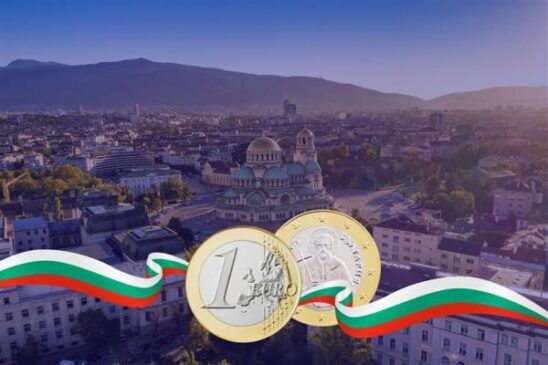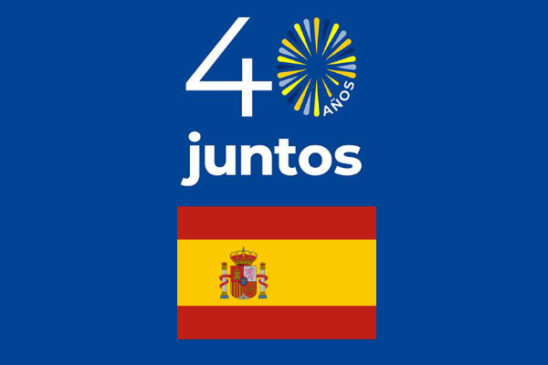10 ways the EU makes your life easier

Discover the benefits the EU brings to your daily life: Follow Sven, Jane and Sofia as they embark on an exciting trip across Europe.
Jane just got amazing news: she’s been accepted as an Erasmus+ student at the University of Berlin for next semester!
She immediately calls her best friends, Sven and Sofia, to celebrate. The three will soon leave on a trip through Europe they’ve been planning for months.
Of course, they will now also make a stop in Berlin. Jane is excited to explore the city she will soon call home!
1. Studying abroad
EU-funded programmes like Erasmus+ provide opportunities for students to study or do a traineeship abroad and gain international experience in 34 countries in the EU and beyond.
You can experience a different culture, make new friends, and learn new languages. Studying abroad has been shown to have a positive effect on later job prospects.
Only one week until they set off. Time to get ready!
Jane hunts online for new backpacks for the whole crew. She finds a supplier in Romania who has exactly what they need, with lots of colour options.
Thanks to the single market, she can order quality products at a good price from anywhere in the EU. She can’t wait for their new travel companions to arrive.
The best part? Apart from shipping costs, there are no extra fees to worry about!
2. A common market
Goods, services, money and people can move freely in the EU’s single market, without technical, legal and bureaucratic barriers.
27 EU countries and 4 non-EU countries (with certain exceptions) are part of it.
The backpacks looked amazing online but there’s always a chance that they won’t meet expectations. But Jane sleeps easy knowing that she can return what she buys within 14 days.
Plus, she knows the safety and quality standards for products sold in the EU are some of the best in the world. Manufacturers can only use approved materials for all consumer products.
So no need to lose sleep over shopping in the EU!
3. Consumer rights are EU rights
EU rules protect consumers in many ways, online and offline. You can return online purchases within 14 days without explaining why. All products come with a minimum two-year guarantee.
Aggressive sales tactics and misleading ads are banned. Moreover, all products sold in the EU must be safe, with limits on harmful chemicals and pollutants.
Their bags are packed. The day is finally here:
Time for their European adventure!
The three friends spend so much time buying snacks they almost miss their train – but they make it just in time. After an hour, it’s already time to change.
Their next train is right on time and they get good seats too! Sofia almost can’t believe their luck. When she travelled home last month, her train had a 4-hour delay.
At least she’s been able to claim compensation, thanks to EU passenger rights. Time to dig into the snacks and make a game plan for the next days.
Next stop: Berlin!
4. Your rights when travelling
As an air, rail, ship or bus passenger, you have rights when travelling in the EU.
You may be entitled to compensation and assistance if you’re denied boarding, your trip is cancelled, or you experience a long delay.
On the train, Sven suddenly panics – he forgot to bring his passport!
But Sofia and Jane reassure him that his ID card is more than enough. After all, there are no more border checks in almost all of the EU thanks to the Schengen area, so they won’t have to undergo any border or customs checks on their trip.
Nothing stands in the way of their adventure!
5. Travel without borders
The Schengen Area abolished border checks between 29 countries and is now the world’s largest area of freedom, security and justice without internal borders.
450 million Europeans and anyone who is legally in Schengen can move freely between these countries. EU citizens have the right to travel, live, work, study, look for a job or retire in any EU country.
After arriving in Berlin, the friends first check into their hotel but their stomachs are rumbling. Those snacks on the train didn’t last them long, time for some food!
They hit up the city’s central food court and end up spending more than an hour browsing past familiar and unfamiliar delicacies.
Paying is easy-peasy: they can just use the card and cash they brought from home, since both countries are part of the euro area.
Bon appétit!
6. A single currency
Around 347 million people use the euro daily in 20 European countries. Travellers in these countries don’t have to pay fees to exchange currencies.
These costs – not to mention the hassle – have been eliminated thanks to the euro, making life easier and cheaper for people and businesses alike.
Happy and full from their meal, Jane, Sofia and Sven head back to the hotel. A long day of travel is tiring!
The girls post stories on social media and check opening times for museums.
Jane borrows Sven’s charger since her phone’s almost out of battery. She didn’t need to bring her own to keep everything powered up because the EU has introduced a single, common charger.
Meanwhile, Sven calls his mum to wish her a happy birthday. He’s glad that in the EU, he can use his data or minutes across borders without extra cost.
7. Roam like at home
Thanks to an EU law, you can use your phone, text and data services under your current plan with your provider at no extra cost when travelling to another EU country.
You continue to pay domestic prices for calls, SMS and data. This is known as ‘roaming’.
Mobile phones, tablets, headphones, mice and other portable electronic devices sold in the EU must support a single charger (USB-C). This means you need to buy fewer chargers, minimising electronic waste and simplifying your everyday life.
Overnight, Sofia feels a cold sneaking up on her. Since she’s running a fever, the receptionist helps her find a local doctor.
Thanks to the medicine he prescribes, she already feels much better by the evening. At least she doesn’t have to worry about getting a huge bill for visiting a doctor abroad.
She just showed him her European Health Insurance Card which gives her access to healthcare in any EU country – under the same conditions and for the same cost as locals.
Get well, Sofia!
8. Your health rights
The European Health Insurance Card shows you’re insured in an EU country. It’s free and issued by your national health insurance provider.
People insured in an EU country have access to public healthcare under the same terms as a local during short visits to the 27 EU countries, plus Iceland, Liechtenstein, Norway and Switzerland.
After walking through the Brandenburg Gate, the friends spot a building with big European flags and decide to check it out.
They walk into the European House, an information hub about the EU that exists in many European cities, and try out some of the interactive games. Sofia is excited to learn about the EU-wide petitions that are organised all the time and immediately signs two that are close to her heart.
All three walk home with a bag full of goodies and a reminder in their calendars to vote in the European elections.
9. Make your voice heard
If you are a citizen of an EU country, you have the right to actively take part in the political life of the EU. You can contribute to and comment on EU policies and laws through public consultations, EU-wide petitions and citizens’ panels.
You can also make your voice heard by voting in elections in your country of residence and in European elections.
His friends don’t know this yet but Sven has been thinking about moving to Berlin for work.
With one of his best friends around, it would surely be much easier and fun to settle into this new city. He likes what he sees during their stay but also wants to give the other cities they will visit a chance.
Sven knows it’s a privilege that as an EU citizen, he can work and live anywhere in the EU. He’s ready for his own adventure, immersing himself in another country’s culture and lifestyle.
Maybe he’ll fall in love with their next stop: Prague!
10. Working abroad
Millions of EU citizens live or work in another EU country. All EU citizens have the right to study, work or retire in any EU country without needing permits.
In your workplace abroad, you enjoy the same rights as nationals of that country for pay, health and safety, social security and taxes. In addition, agreements among EU countries to recognise professional qualifications make it easier to find work in another EU country.
Source: https://europa.eu/stories/10-ways-easy-life/index_en.html
OCD | 12 August 2025
Follow us on social media: Facebook, Twitter, Instagram, YouTube.





